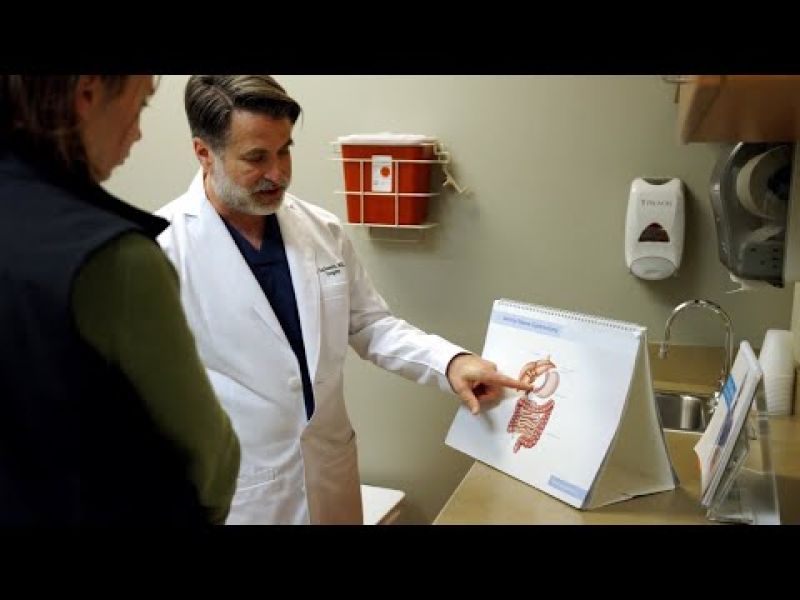Why choose Ochsner Lafayette General for weight-loss surgery?
Carrying excess weight can impact nearly every aspect of your health, from heart disease and diabetes to joint pain and sleep issues. At Ochsner Lafayette General in Lafayette, Louisiana, our comprehensive bariatric surgery program helps patients achieve long-term weight loss and better health through advanced surgical procedures and medical weight management.
Expert bariatric surgeons, personalized care
Our program is led by board-certified surgeons with the highest level of training in weight-loss surgery. These specialists use advanced surgical techniques and technologies to deliver safe, effective results. From your first consultation through post-surgery follow-ups, you’ll receive expert, compassionate care every step of the way.
If you choose bariatric surgery, our team will work with you to improve your health before the procedure and support your transition to healthier habits after surgery.
A multidisciplinary team focused on your success
Your care team includes:
- Nurse practitioners who specialize in bariatric care and provide essential follow-up support, such as monitoring vitamin levels and adjusting medications as your weight changes.
- Bariatric patient advocates who guide you through the insurance approval and financing process.
- Weight loss counselors and behavior modification educators who help you build lasting healthy habits through personalized and group education sessions.
- Registered dietitians trained in bariatric nutrition, offering both individual and group consultations before and after surgery to help you understand and maintain proper nutrition.
- Licensed professional counselors who support your mental and emotional health at every stage of your weight-loss journey.
- Monthly support groups led by bariatric professionals who help connect you with peers and share strategies for success after surgery.
Take the first step toward a healthier life
Whether you're ready to explore weight-loss surgery or want to learn more about your options, our team is here to help.
Patients with private insurance, Medicare or a Medicare replacement plan can register for a bariatric seminar.
Patients with Medicaid or a Bayou Health Plan will need a referral faxed to our office at 337-233-0990.
Start your journey toward better health today with Ochsner Lafayette General’s trusted bariatric surgery team.




